HORSENS, Denmark — The European Union’s deregulation drive isn’t just about pleasing Washington, Danish Foreign Minister Lars Løkke Rasmussen said Tuesday, arguing Brussels must loosen up its own rules while defending its independence from U.S. pressure.
“It’s like a Kinder egg. It serves more than one purpose,” Rasmussen told POLITICO in an exclusive interview.
“We should go down that track in our own self best interest. But at the same time, it also serves others’ interest as well.”
Rasmussen’s comments come ahead of a crucial meeting of EU leaders next week, where the EU’s deregulation drive will take center stage. Leaders are expected to urge the bloc’s executive to speed up efforts to slash red tape — a push the Danish minister said is vital to keeping Europe globally competitive.
“If our investors are met with the red carpet in the U.S. and by red tape in Europe, they will, at the end of the day, choose the U.S.,” he stressed.
For over a year, Brussels has been torching swaths of environmental red tape in a bid to restore the competitiveness of Europe’s beleaguered industries against their U.S. and Chinese rivals. Brussels now has nine simplification packages in the works, spanning the defense, environmental and digital sectors.
The EU’s rulebooks have drawn the ire of President Donald Trump, who has threatened to hike tariffs over rules he says discriminate against, and even censor, U.S. companies.
France and Germany, the EU’s two largest economies, are pushing Brussels for a similar environmental deregulation drive.
In a bid to keep Washington onside, the European Commission is preparing plans to address Trump’s grievances — while presenting the effort as part of a self-driven policy overhaul. Politically, the move allows the bloc to reconcile its own domestic agenda without appearing to bow to Trump’s pressure.
 Washington imposed a baseline 15 percent tariff on all goods from the European Union, while the EU committed to cut its tariffs on U.S. imports of cars and industrial goods to zero. | Focke Strangmann/Getty Images
Washington imposed a baseline 15 percent tariff on all goods from the European Union, while the EU committed to cut its tariffs on U.S. imports of cars and industrial goods to zero. | Focke Strangmann/Getty ImagesRasmussen made the comments on the margins of a meeting of EU trade ministers in Denmark, which currently holds the presidency of the Council, the bloc’s intergovernmental arm. The get-together was overshadowed by China’s move to drastically restrict exports of rare earths — further squeezing the EU amid a rift between the U.S. and China.
Brussels called for the G7 group of industrialized nations to coordinate their response to China’s export restrictions.
Pressure from within
Rasmussen poured cold water on the idea of a so-called sunset clause, under which the EU could revisit the terms of its trade deal with the U.S. once Trump leaves office.
Under the pact, struck in July by Commission President Ursula von der Leyen at Trump’s Turnberry golf resort in Scotland, Washington imposed a baseline 15 percent tariff on all goods from the European Union, while the EU committed to cut its tariffs on U.S. imports of cars and industrial goods to zero.
“Defining a sunset clause will not change the reality,” Rasmussen said. “I’m living in the real world, and we have to deal with the current U.S. administration.”
That view was echoed at the trade ministerial by Thomas Byrne, Ireland’s minister for European affairs.
“If we start rooting through it or making changes or putting in review clauses, I think that that is not something that would be in the interest of European citizens,” Byrne said on his way into Tuesday’s meeting.
The European Parliament in particular has called to consider a possible review of the terms the EU conceded to the Trump administration, amid criticism that the transatlantic trade deal was severely skewed in favor of the United States.
Rasmussen didn’t rule out renegotiating those terms one day — but only once the political and economic costs of Trump’s trade protectionism begin to bite in the U.S.
“I am pretty sure that in a midterm perspective, you will see implications of this strategy within American society. And then we must stand ready to renegotiate things,” the former Danish prime minister said.
Marianne Gros contributed to this report.

.jpeg)









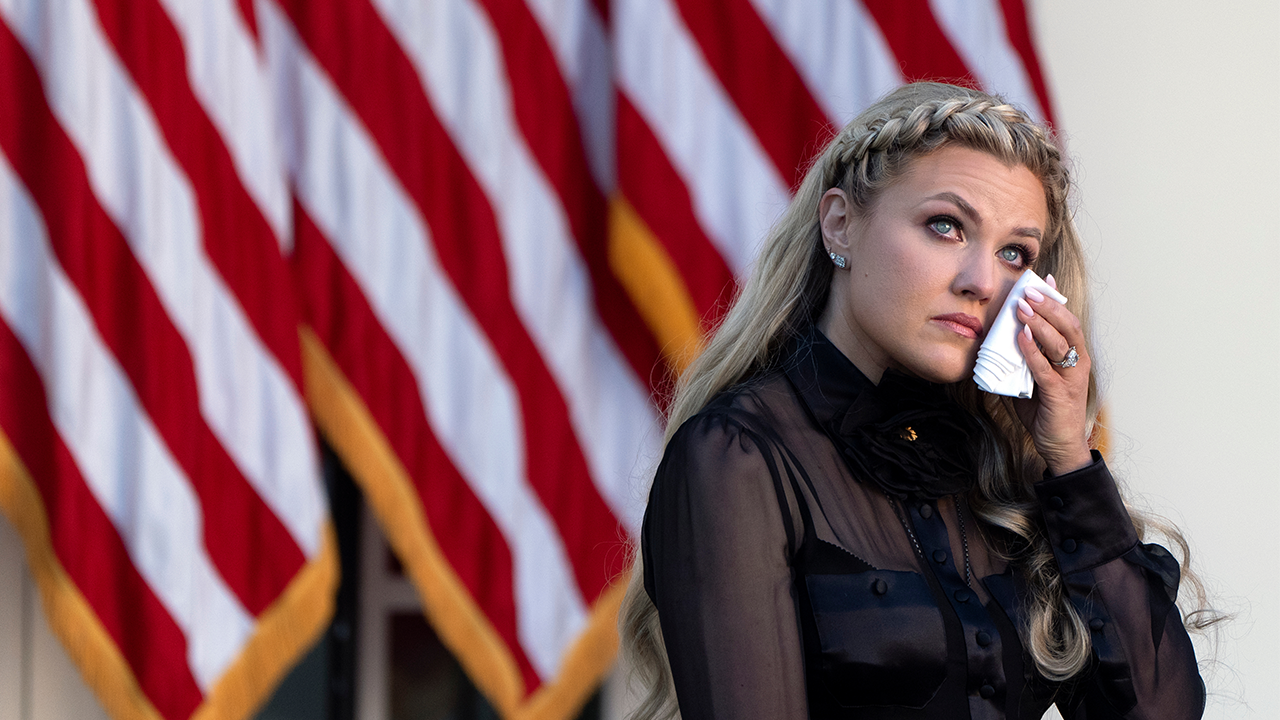

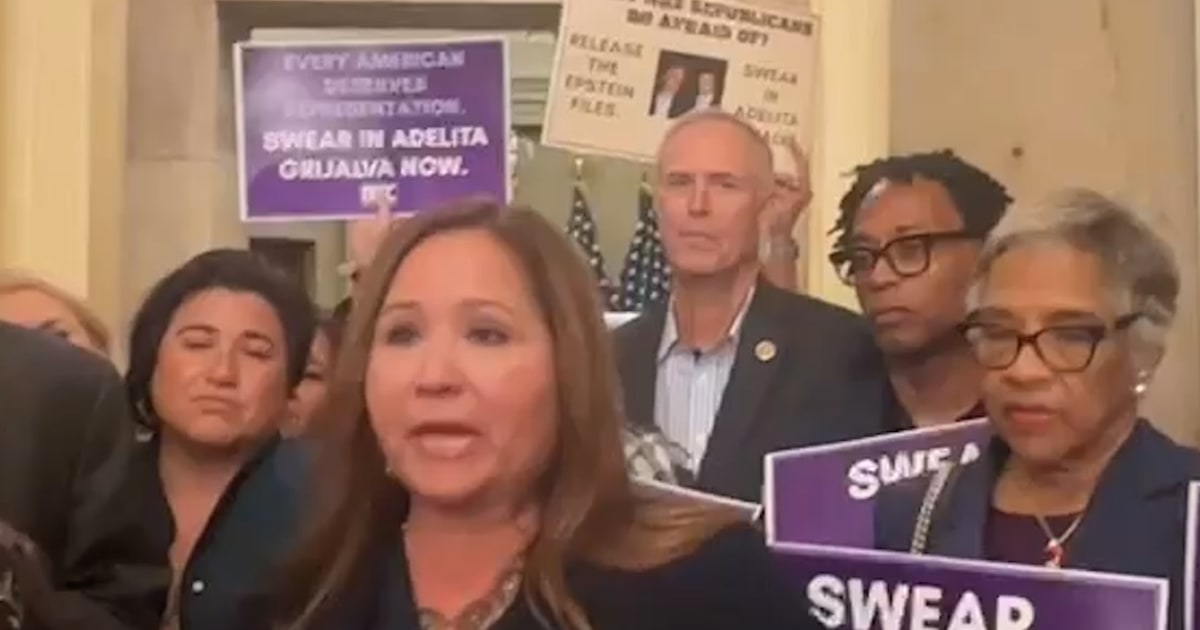

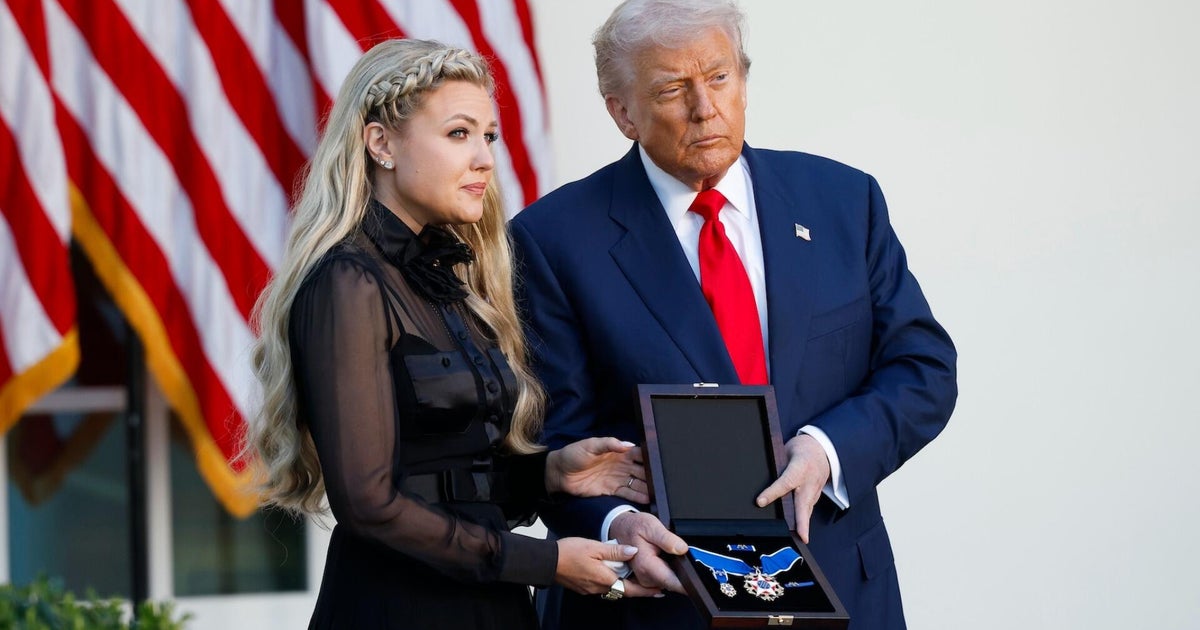
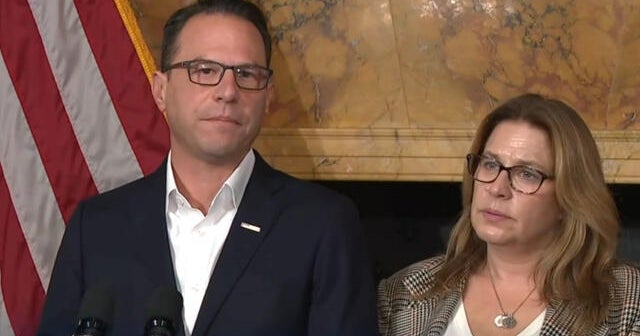


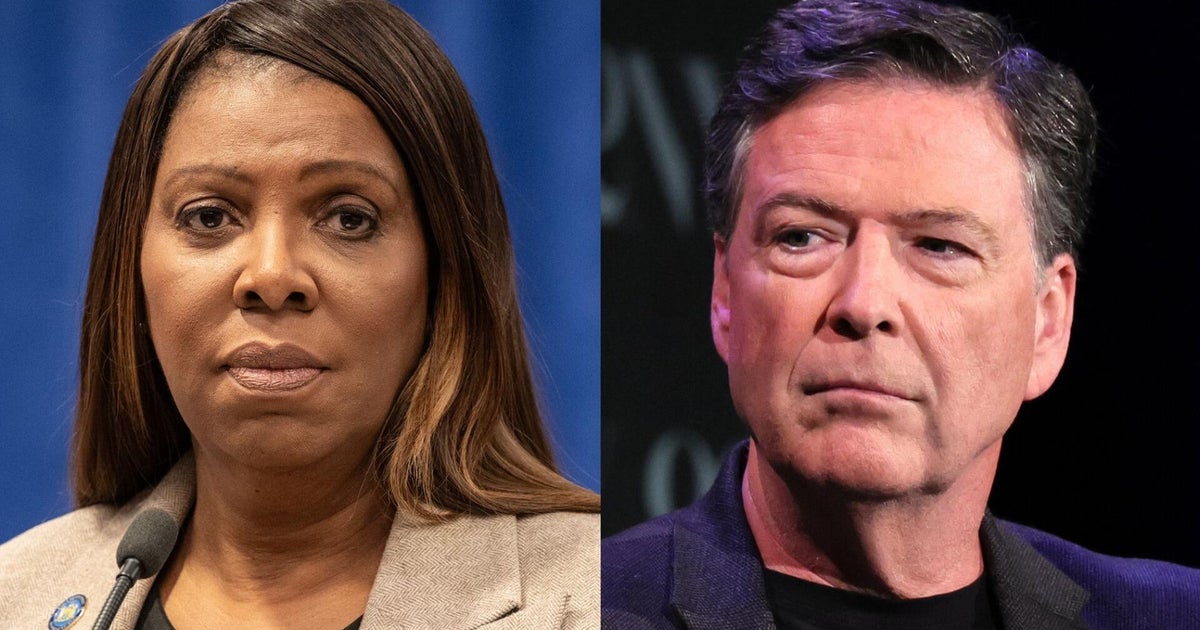



.jpeg)














 English (US) ·
English (US) ·